The Central Bikol Wiktionary celebrated its third birthday on January 13, 2024! Narrating the story of the Central Bikol Wiktionary is the same as with any language request on Wikimedia Incubator: requesting the project, developing it, until such time it’s ready to be hatched. But the highlight of this story would be during its 13th year. It’s one of the many projects in numerous languages that have been requested for creation, but after several attempts to sustain the editing activity, the interest dwindles. It was in 2019 that one of the founders of Wiki Advocates Philippines User Group, Imelda, took the initial steps of repairing the project, creating templates and modules, and it’s an interesting fact that she’d used the Spanish Wiktionary as a source guide. The commonality in the language must have been the reason.
The early days of the development took months before the Wiktionary on the incubator could be considered user-friendly. Back then, we would visit computer shops to do marathon editing to add words, provide definitions, and include usage examples. The first rapid grant requested as support for the development of Wiktionary has served as an impetus to invite more editors to engage in the development of the project. Most of these editors have long been gone, but among them are those who have been campaign organizers and have been a vital support for creating our user group.
It was amid the pandemic that the second grant was requested. This was to sustain the momentum of editing on the incubator project until it had its domain. The work we have strived to do since 2019 has yielded fruit in 2021, a long and arduous task seemingly mechanical on our part, but as we go along, we’ve learned a lot aside from being editors. The strategies that have emerged from these projects have been re-applied to two incubator projects we started in 2021, the Central Bikol and Tagalog Wikiquote. Later on, this project will be under our main program, – Hatch-A-Wiki project.
In 2021, while we would be having consistent volunteers to do work in Wiktionary, we’ve started utilizing the Lingua Libre and Spell4Wiki applications to provide audio pronunciations for the word entries. The race to reach a certain word entry has started there—the race to the 3,500th word, the 5,000th word. And in celebrating the 3rd birthday of the project, we’ve challenged ourselves to climb to the 7,000-word entries available.
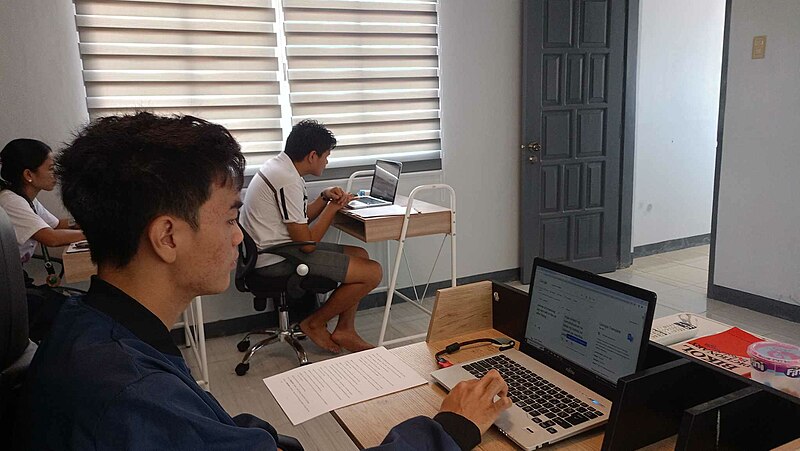
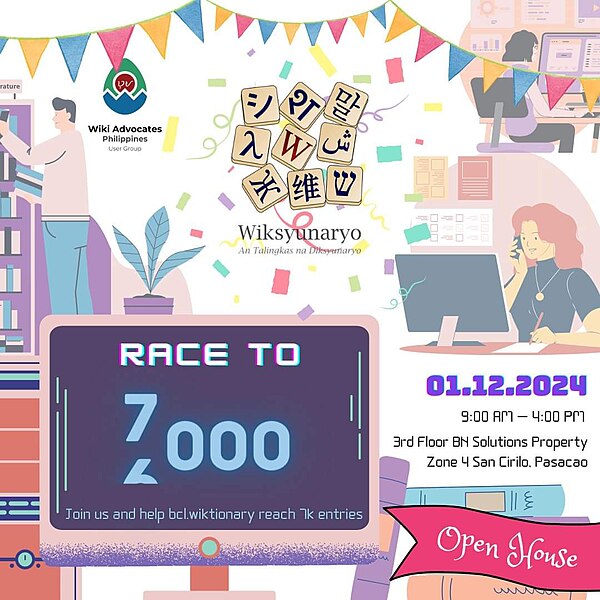
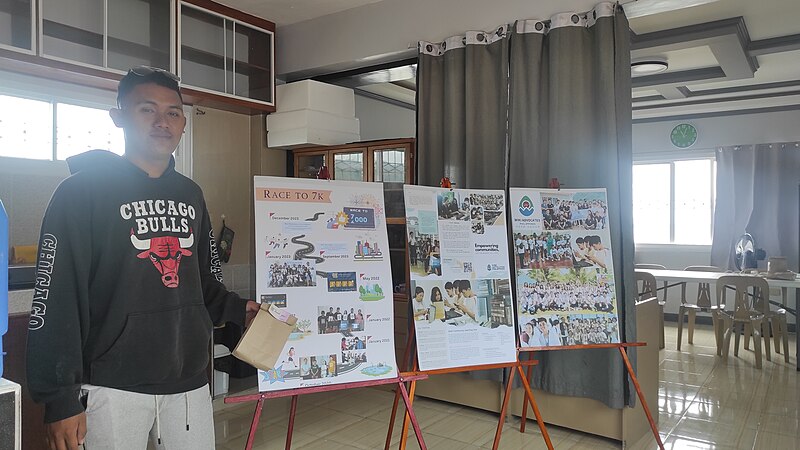
Why use Wiktionary when we have the printed dictionaries?
Ease of access: While there are several Central Bikol dictionaries available in libraries and schools, they can only be accessed by a limited number of people, mostly students and teachers. With the Central Bikol Wiktionary available online for consumption, any language enthusiast or an individual who wonders what it means by “ido” or “ikos” could immediately have an answer.
Audio guide for pronunciation: Learning words would not only require spelling out the word but also knowing how you’d flip your tongue, the placement of the lip, the glottal stop, and other elements of pronunciation. Lingua Libre and Spell4wiki have provided these tools to record sounds, and once they are available on Wikimedia Commons, we will link them to the word entry. Now, a newbie learns how to pronounce báta (lover) and batà (foul odor).
Editability: This has been a double-edged sword fact known among common people, especially in the Philippines. They don’t trust the wiki projects since they can be edited by anyone. But a quick explanation of reverting edits, blocking users who vandalized, the works of wikiproject administrators, and bots would tend to change their perception. Wiktionary editing has always been part of our outreach training, and depending on their capacities and interests, newbies would add new words, provide definitions, create examples, or translate the word entry to English or Tagalog so it could be understood by a non-Central Bikol speaker.
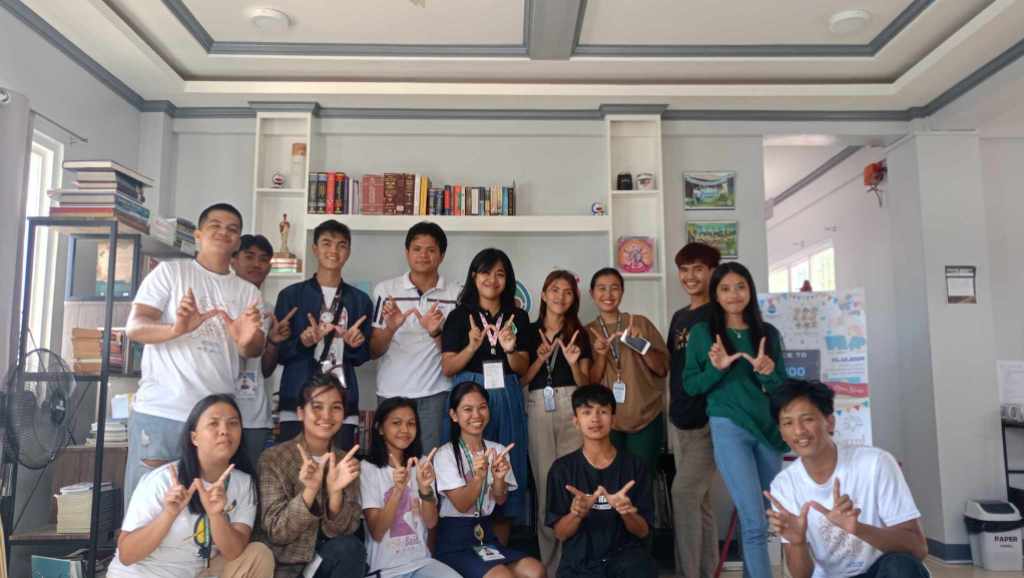
With almost four years now working on our local Wiktionary, we have indeed collected a lot of memories to reminisce about while we were only four of us working on it. Until such time, we were accompanied by our dedicated volunteers in our user group to further strengthen the project.
But what future do we see for this project?
Explore Lexemes. The Language Committee of our user group has been starting to explore the capacity of Lexeme editing to further preserve our language. Yes, we were faced with a new obstacle of studying forms, senses, gloss, and even how to connect the Wiktionary to the Lexemes we’ve created. But we see the future here, where other editors who may be from other parts of the globe could collaborate in providing depth for each entry. A Central Bikol word, once translated into English, could have other translations in any language once a random editor comes in contact with our lexeme entry. There is still a lot to digest, but looking past our struggles in developing an incubator project and successfully hatching it, shifting into lexemes is workable.
Install gadgets and explore lexicographic data tools. As editors of Wiktionary, we should further advance our skills. We’ve been immersed in studying the Central Bikol language for the past few years, its syntax, grammatical rules, variations, and rules of writing. With the plan of incorporating our Wiktionary into Lexemes, it is a must that we also learn the different tools that can be utilized, such as generating data in an instant, locating entries without senses, and others. Manually searching or filtering content would consume a lot of time. We are fortunate that several tools are now available for us editors.
Developing other local language Wiktionaries. The Bicol region is home to different variations of languages. Now that we’ve secured a sustained editing activity on Central Bikol Wiktionary, we’re simultaneously working to develop a new incubator project: The Iriga Bikol Wiktionary. With the skills and experience the group has acquired in hatching incubator projects, we foresee that this new project will have its domain soon.
The recently ended Central Bikol Wiktionary birthday wasn’t only a day of remembering our fruitful past but also of anticipating and preparing for what awaits this project and other language Wiktionary projects. With the help of our 17 volunteer editors, the edit-a-thon resulted in 451 pages created and 520 pages edited.
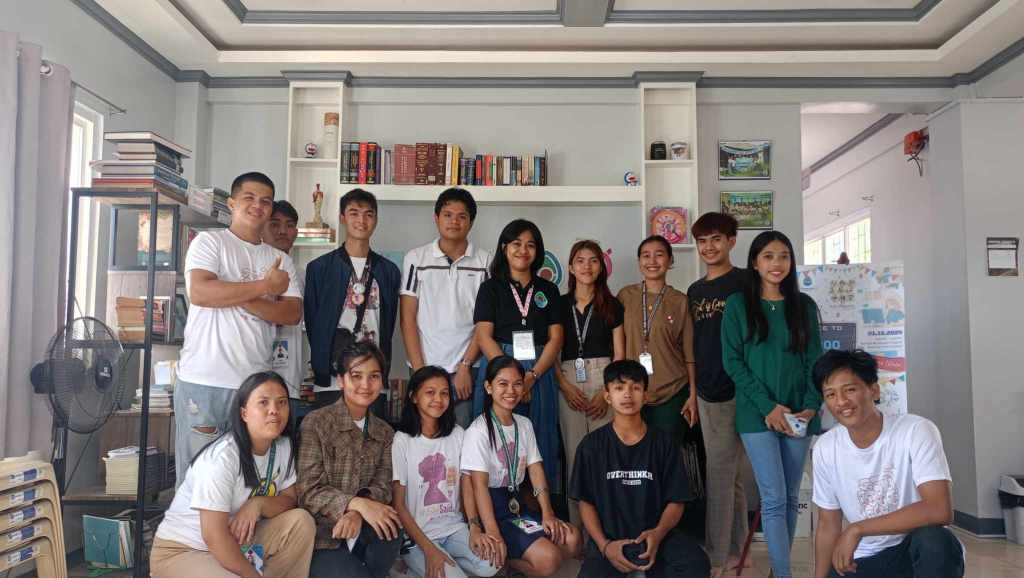
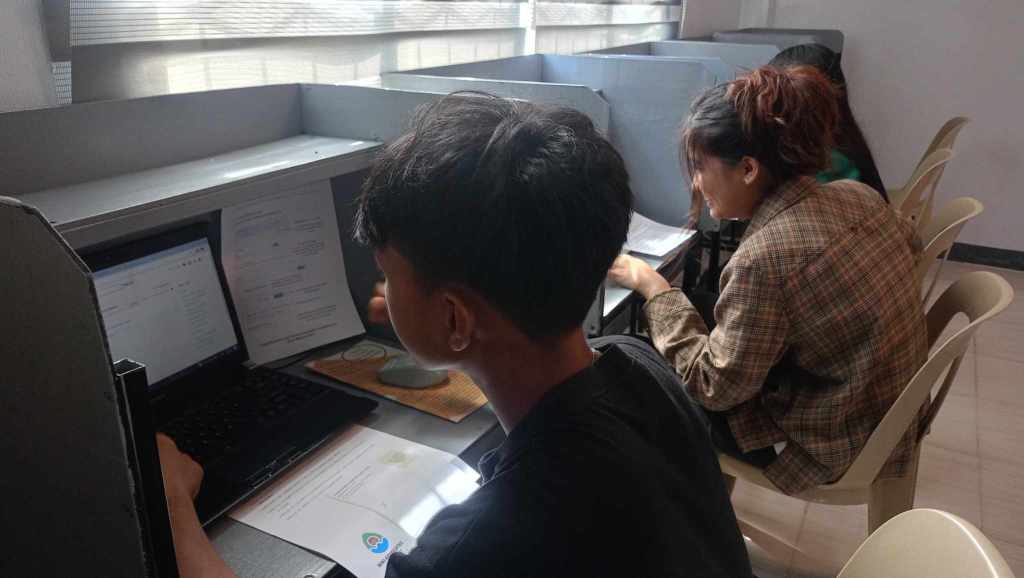
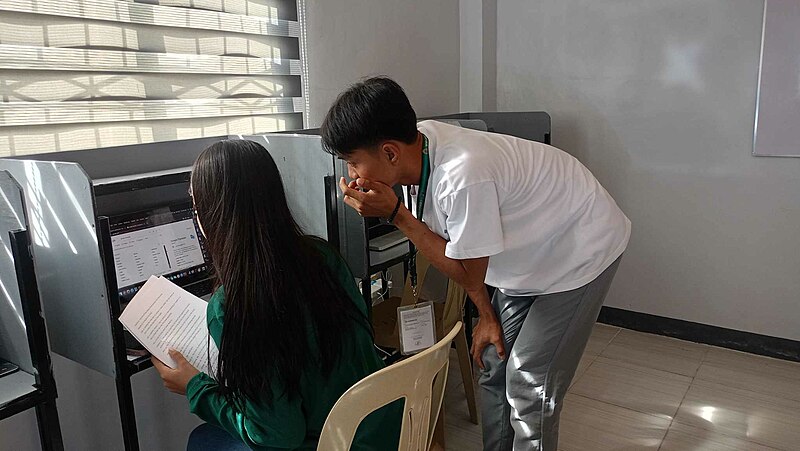

Can you help us translate this article?
In order for this article to reach as many people as possible we would like your help. Can you translate this article to get the message out?
Start translation